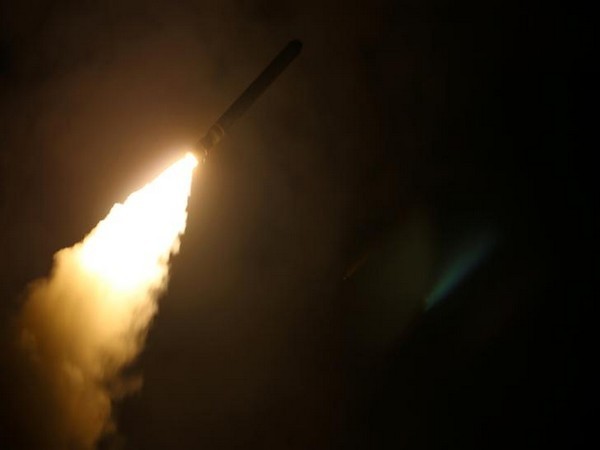Even as China continues its attempt to expand its reach in the Pacific by negotiating the security deals with the Pacific Island Countries like Kiribati, the security risks for the US State of Hawaii, which is only 2000 miles from Kiribati, are running high especially as Hawaii’s Congressional delegation turns down USD 2 billion missile defence radar for the island after years of fighting in support of the project.
Even as China continues its attempt to expand its reach in the Pacific by negotiating the security deals with the Pacific Island Countries like Kiribati, the security risks for the US State of Hawaii, which is only 2000 miles from Kiribati, are running high especially as Hawaii’s Congressional delegation turns down USD 2 billion missile defence radar for the island after years of fighting in support of the project.
Amid China’s increasing dominance in the pacific islands, US Missile Defense Agency (MDA) wanted to get radar installed in Hawaii to protect the territory from ballistic missiles by the end of 2028.
The installation of a radar project to protect Hawaii was in accordance with the fiscal 2022 National Defense Authorization Act released last year, however, this project never saw the light of the day, reported Eurasian Times.In a shocking action by Hawaii’s Congressional delegation, this nearly USD 2 billion project was turned down.
Congress backed away from this missile defence radar after years of fighting in support of the project — first on Oahu (an island in the Central Pacific which is part of the
Hawaiian island chain), then on Kauai (another part of the Hawaiian archipelago), local media Honolulu Civil Beat reported.
The timing for shelving these plans for installing this crucial security system is not good. Chinese Foreign Minister Wang Yi is on a 10-day tour of Pacific island nations as Beijing looks to solidify its military influence in the region.
Wang is on an eight-nation tour to the Pacific region with visits to the Solomon Islands, Kiribati, Samoa, Fiji, Tonga, Vanuatu, Papua New Guinea and East Timor from May 26 to June 4.
Prior to his visit, Beijing sent the drafts of the deal to 10 Pacific countries. Covering a range of issues, the documents appear to be a joint communique that Beijing wants the countries to adopt. They offer a detailed outline of how Beijing seeks to win friends and gain greater access to the island chains that have long played a strategic role in Asia’s geopolitical contests.
US Senator Mazie Hirono, who has pushed for the proposed Homeland Defense Radar – Hawaii has now refused to push the project, as per the media portal.
According to the Hirono’s office the senator had changed her mind vis-a-vis the radar project. The senator’s office said that she met the leaders from the Department of Defense, the Missile Defense Agency, and the United States Indo-Pacific Command in recent months.
Following her meet, she said that they “for the first time, have jointly concluded that a more comprehensive next-generation system is necessary” to protect the state.
Joining the list of senators giving statements on the dismissal of the project that continues to remain under pipeline was Brian Schatz.
Backtracking from the promise of getting state funding for the radar. Senator Brian Schatz, in a statement, said that he too would no longer be supporting the radar system.
“Based on new and ongoing assessments, there seem to be better, more effective ways to protect Hawaii from missile attacks without this program,” he said.
All of this comes as the Chinese FM Wang Yi aims to counter American efforts to strengthen alliances in Asia.
Wang started his trip on Thursday in the Solomon Islands with which Beijing has signed a security deal earlier. Australian Foreign Minister raised deep concerns over the security arrangement between China and the island nation.
Aligning with a similar kind of pact like that of the Solomon Islands, China is now aiming to expand its military presence under the garb of possible security deals with the Pacific Island Countries like Kiribati.

